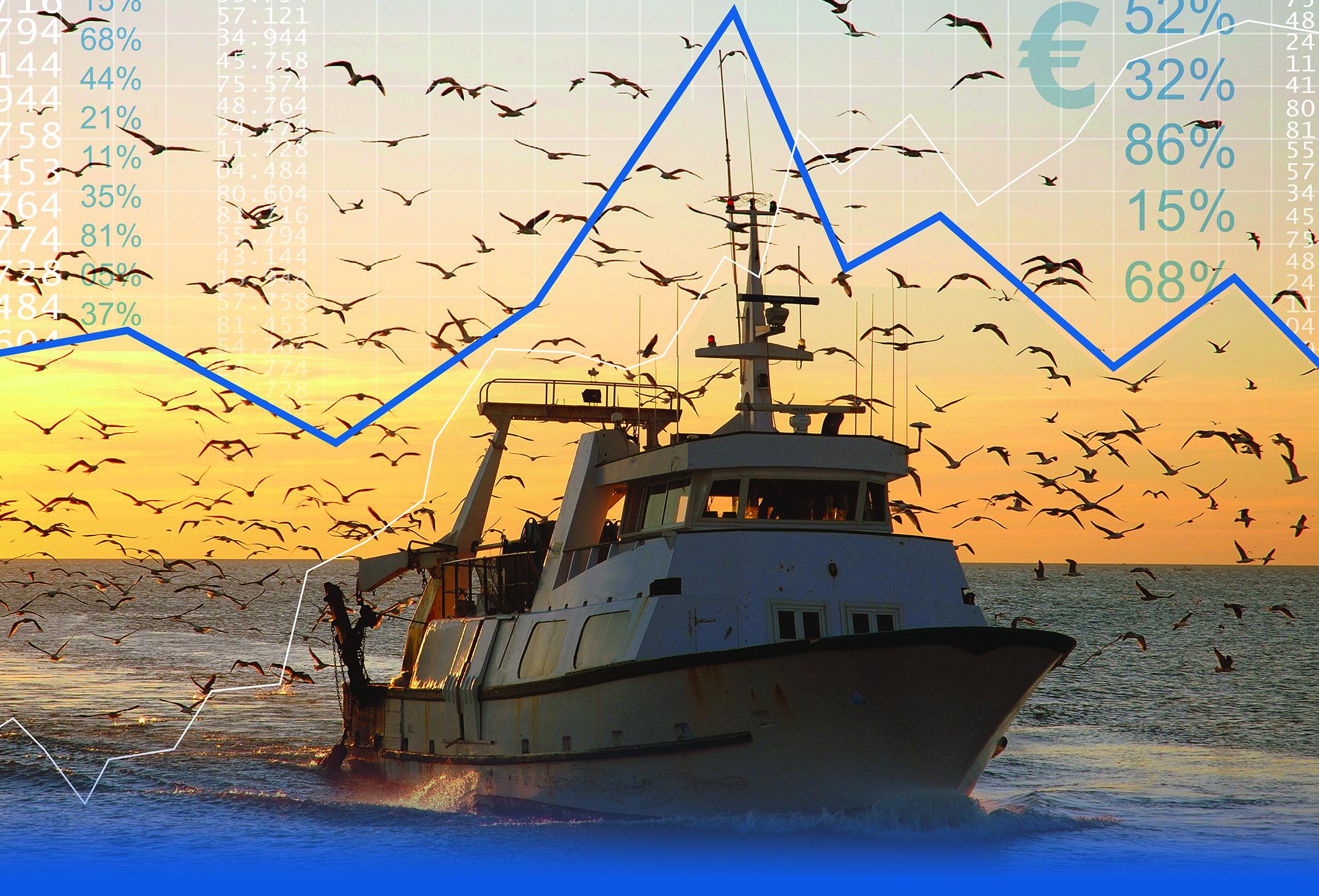News Digest n.8 / 2025
EU welcomes entry into force of WTO Agreement on Fisheries Subsidies
The European Union has welcomed the WTO Agreement on Fisheries Subsidies, marking a significant milestone in global efforts to protect the ocean. The agreement aims to eliminate harmful fisheries subsidies, reduce overfishing, ensure sustainable fisheries, and promote better practices for coastal communities. The agreement also activates the WTO Fish Fund, which assists developing countries in implementing the agreement and improving sustainability.
Algae: new Commission study explores their bright future
The European Commission's study on algae's potential to tackle food security, water pollution, and climate change highlights its potential in aquaculture feed, biofertilizers, and biostimulants. However, challenges remain, including high production costs and limited data.
Swimming before handling helps rainbow trout cope with stress
A study on juvenile rainbow trout found that short-term induced swimming reduces physiological stress markers like cortisol and glucose and enhances antioxidant enzyme activity when fish are subsequently handled.
EU invests €116 million in 13 projects to restore ocean and waters
The EU has secured €116 million in funding for 13 projects under the latest Mission Ocean and Waters calls. These projects will focus on preserving offshore marine protected areas, restoring fish habitats, reducing fisheries' environmental impact, strengthening citizen science, mobilizing communities, and ensuring an operational European Digital Twin of the Ocean. The projects involve SMEs, research organisations, local authorities, schools, and businesses.
Spain’s octopus industry faces collapse amid overfishing, climate shifts and global demand
Animal groups, scientists, and fishermen are arguing over the ethics and future of the octopus industry, which has become increasingly scarce in its native waters. Spain's octopus fishery closed for three months to recover, and climate change is altering wind patterns, ocean stratification, and nutrient delivery, making upwelling less predictable and potentially less productive.
